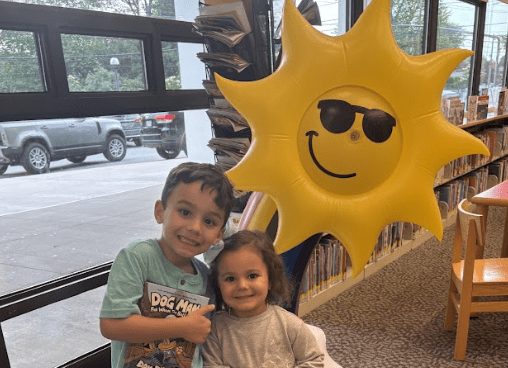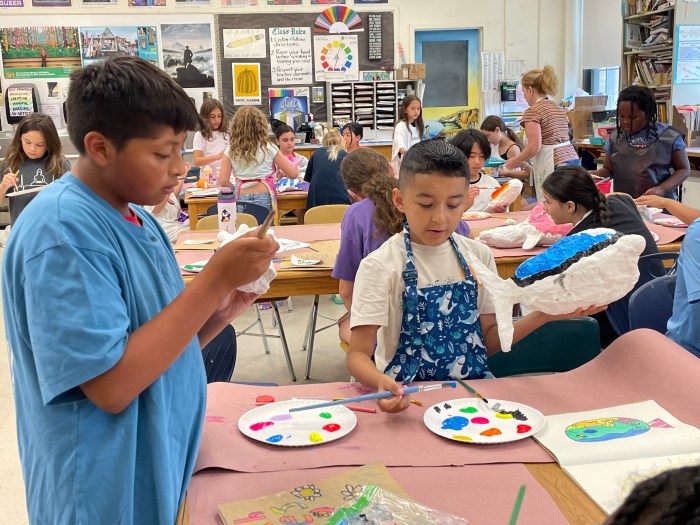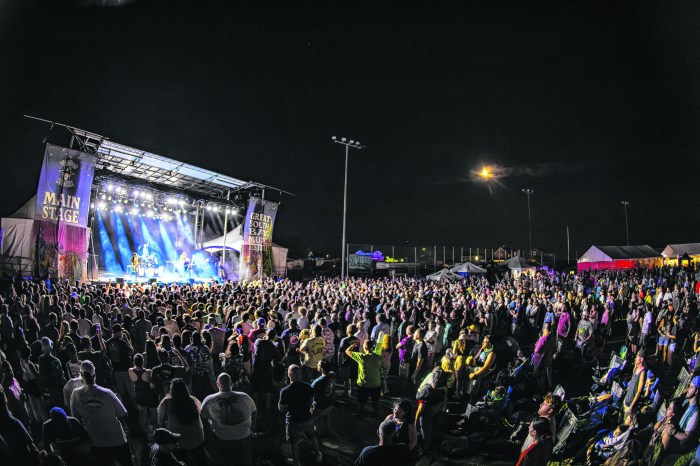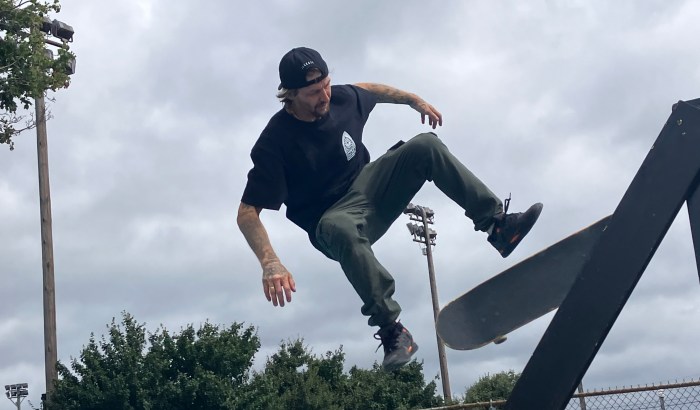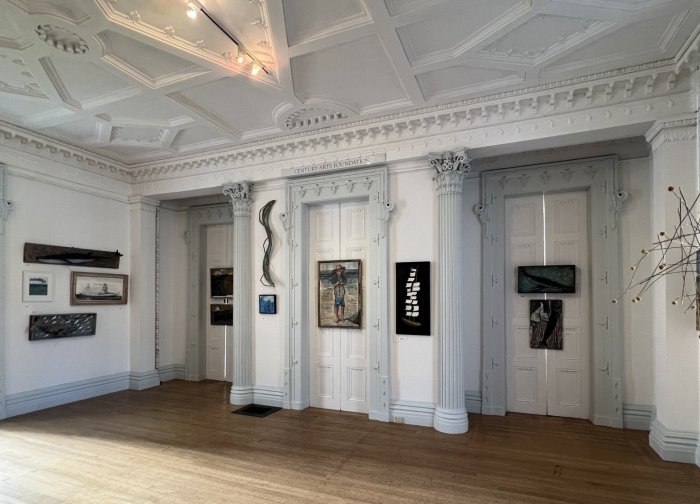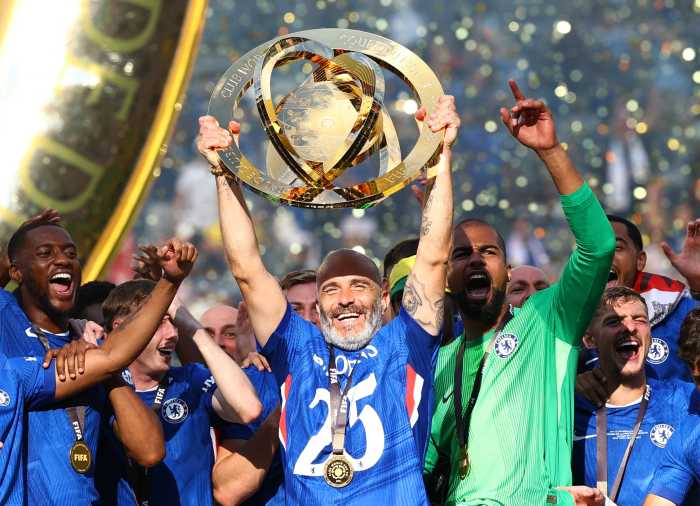Memorial Day parade held on Saturday
As has been the tradition, for many years, the New Hyde Park American Legion and the Veterans of Foreign Wars hold their Memorial Day Parade on the Saturday before Memorial Day and this year was no different.
The proud marchers started on Hillside Boulevard with a stop at village hall to place a wreath by the rock that holds the names of those killed in the wars and then the marchers continued on New Hyde Park Road to Memorial Park on the corner of Lincoln and Wilton Street for the rest of the ceremonies.
Once at Memorial Park, New Hyde Park Mayor Daniel Petruccio gave the following inspiring speech:
“We gather here at Memorial Park on this day to honor the men and women who have made the ultimate sacrifice for this great country. In the book of Isaiah there is a verse that reads, ‘When I heard the voice of the Lord saying, ‘Whom shall I send? And, who will go for us?’ And I said ‘Here I am, send me?’
“The heroes that we honor today responded to the call and for that reason we stop to honor their act of affirmation. Today, it is important that we look around us and realize what their sacrifices were for. The ancient Greek leader Pericles addressed this point when said, ‘What you leave behind is not what is engraved in stone monuments, but what is woven into the lives of others.’
“We are the living monuments that he is speaking of. Our lives and actions must honor the sacrifices of our war dead and we can never lose sight of the fact that as Saint Augustine wrote, ‘The purpose of war is ultimately peace.’
“Today, I hope you join me in a silent prayer for peace in our world.”
At the start of his speech, the mayor also quoted Thucydides, ancient Greek historian and author, 460-404 B.C.: “The bravest are surely those who have the clearest vision of what is before them, glory and danger alike, and yet notwithstanding, go out and meet it.”
General George S. Patton: “The bravest are surely those who have the clearest vision of what is before them, glory and danger alike, and yet notwithstanding, go out to meet it. It is foolish and wrong to mourn the men who died. Rather we should thank God that such men lived.’
And Henry Ward Beecher: “Are they dead that yet speak louder than we can speak, and a more universal language? Are they dead that yet act? Are they dead that yet move upon society and inspire the people with nobler motives and mere heroic patriotism?”




